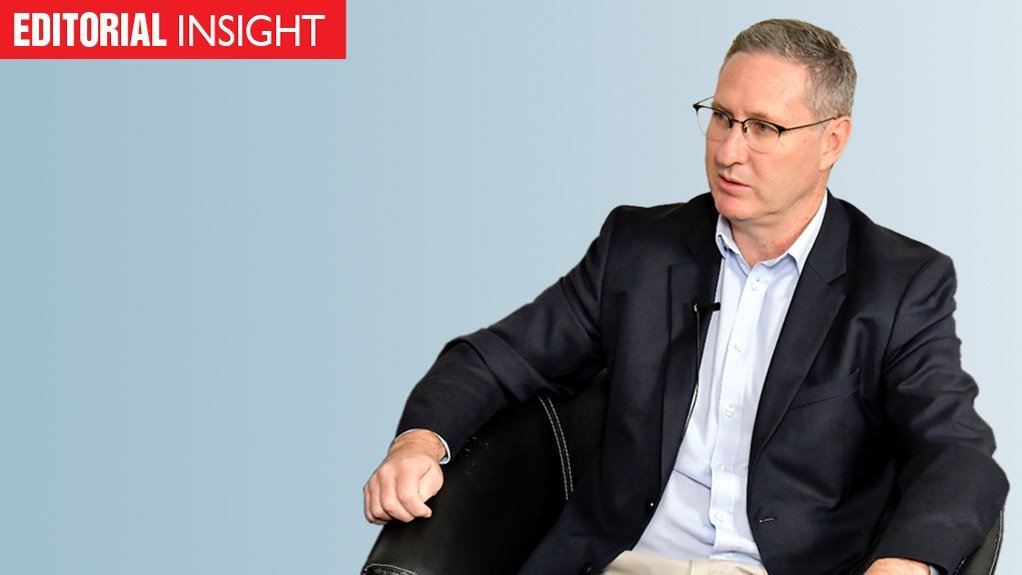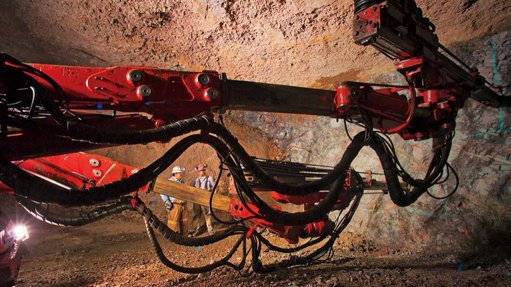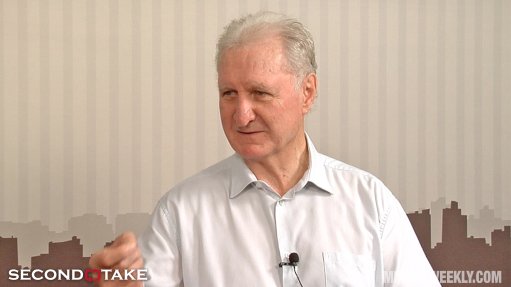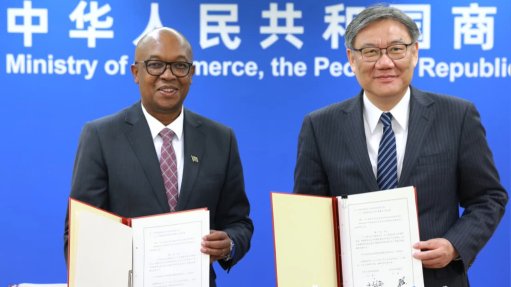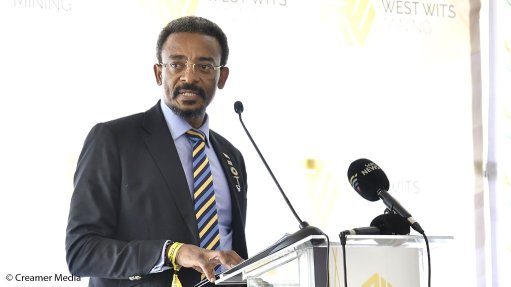No time for complacency
The recent rebasing and benchmarking exercise undertaken by Statistics South Africa as part of a routine five-yearly review made for some relatively happy reading, especially given the constant flow of dire economic news, including the fact that unemployment rose to a record 34.4% in the second quarter.
Not only did the rebasing reveal that the economy is 11%, or R550-billion, bigger than previously estimated, but analysis by Investec economist Annabel Bishop shows that the rebasing has also materially improved many of the country’s economic and fiscal ratios.
In a note, Bishop calculates that the new gross domestic product (GDP) figure has lowered gross debt to 71.1% for 2020/21 from the previous 80.3% of GDP, while also reducing the estimates for the subsequent three fiscal years to 2023/24 to 73.5% (81.9%), 76.4% (85.1%) and 78.4% (87.3%) respectively.
Assuming no additional expenditure, the GDP revisions also lower the Budget deficit ratio to –12.4% of GDP from –14% for 2020/21, and to –8.4% (–9.3%), –6.6% (–7.3%) and –5.7% (–6.3%) respectively for the subsequent three fiscal years.
Bishop also revised her GDP forecast for 2021 upwards to 4.2% on higher weightings given to faster-growing sectors.
That said, the rebasing should not lead to complacency, nor should it become an excuse for reversing course on fiscal consolidation, no matter how tempting.
Not all South Africans accept that the prevailing fiscal strategy, which is designed to narrow the deficit and stabilise the debt-to-GDP ratio, is sensible in a context of extreme joblessness and inequality, as well as rising poverty.
Nevertheless, the framework arguably still represents the best instrument for resetting the fiscal balance in a way that both lowers the risk of a debt crisis and also forces departments to prioritise and sequence their expenditure in a way that ensures a far greater bang for our public spending buck.
To be sure, extreme austerity is not appropriate.
However, government has to recalibrate its expenditure to the fact that new expenditure pressures have arisen – largely as a result of the Covid-19 pandemic and the recent riots in Gauteng and KwaZulu-Natal, but also because contingent liabilities at many State-owned enterprises have become real liabilities – in a context of a protracted period of low economic and revenue growth.
Departments need to improve the composition of spending, which remains heavily skewed in favour of recurrent rather than capital expenditure. In addition, they need to show greater responsiveness to the policy decisions that have been made, which have simply left less money in the kitty for nice-to-have, or low-impact spending.
In other words, it’s time to sharpen pencils as the belt tightens.
From his initial public statements, South Africa’s new Finance Minister Enoch Godongwana seems intent on achieving just that, by sticking to the fiscal framework and prioritising the growth- and job- enhancing structural reforms being championed under Operation Vulindlela.
A key question is whether his Cabinet colleagues will support that effort, or whether they will continue to heap on the expenditure pressures.
Article Enquiry
Email Article
Save Article
Feedback
To advertise email advertising@creamermedia.co.za or click here
Press Office
Announcements
What's On
Subscribe to improve your user experience...
Option 1 (equivalent of R125 a month):
Receive a weekly copy of Creamer Media's Engineering News & Mining Weekly magazine
(print copy for those in South Africa and e-magazine for those outside of South Africa)
Receive daily email newsletters
Access to full search results
Access archive of magazine back copies
Access to Projects in Progress
Access to ONE Research Report of your choice in PDF format
Option 2 (equivalent of R375 a month):
All benefits from Option 1
PLUS
Access to Creamer Media's Research Channel Africa for ALL Research Reports, in PDF format, on various industrial and mining sectors
including Electricity; Water; Energy Transition; Hydrogen; Roads, Rail and Ports; Coal; Gold; Platinum; Battery Metals; etc.
Already a subscriber?
Forgotten your password?
Receive weekly copy of Creamer Media's Engineering News & Mining Weekly magazine (print copy for those in South Africa and e-magazine for those outside of South Africa)
➕
Recieve daily email newsletters
➕
Access to full search results
➕
Access archive of magazine back copies
➕
Access to Projects in Progress
➕
Access to ONE Research Report of your choice in PDF format
RESEARCH CHANNEL AFRICA
R4500 (equivalent of R375 a month)
SUBSCRIBEAll benefits from Option 1
➕
Access to Creamer Media's Research Channel Africa for ALL Research Reports on various industrial and mining sectors, in PDF format, including on:
Electricity
➕
Water
➕
Energy Transition
➕
Hydrogen
➕
Roads, Rail and Ports
➕
Coal
➕
Gold
➕
Platinum
➕
Battery Metals
➕
etc.
Receive all benefits from Option 1 or Option 2 delivered to numerous people at your company
➕
Multiple User names and Passwords for simultaneous log-ins
➕
Intranet integration access to all in your organisation



